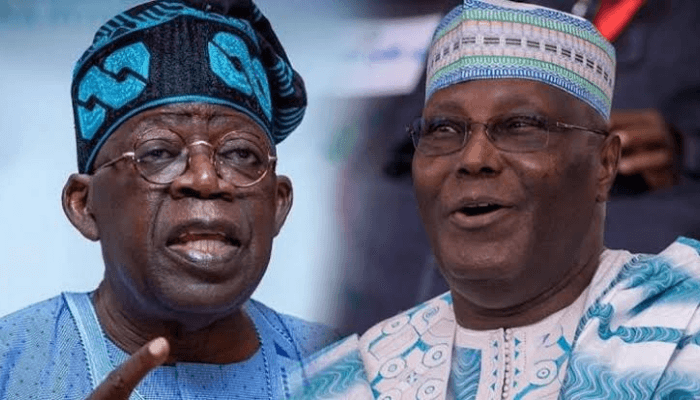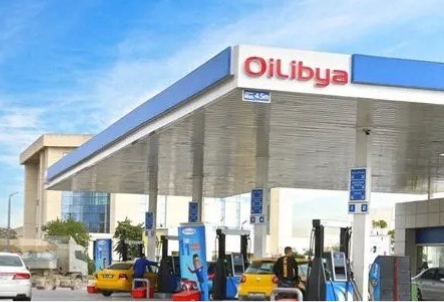
– Offers alternative solutions
Mkpoikana Udoma
Port Harcourt — Former Vice President Atiku Abubakar has criticized the manner in which President Bola Tinubu’s administration has approached the removal of fuel subsidy, noting that the abrupt elimination of the subsidy has worsened economic hardships for Nigerians.
Atiku who described Tinubu’s fuel subsidy policy as hasty and poorly sequenced, emphasized that he would have taken a different approach, prioritizing the repositioning of NNPC Limited and privatizing the nation’s four refineries before removing fuel subsidy.
The PDP Presidential Candidate in the 2023 general election, responding to critics on what he would have done differently if he was elected, outlined his alternative solutions, proposing a more gradual and strategic approach to fuel subsidy removal, as well as comprehensive economic reforms aimed at protecting the most vulnerable.
The former Vice President in a statement expressed concern that the simultaneous removal of the subsidy, combined with exchange rate adjustments and tight monetary policies, has put excessive strain on the economy, and warned that these actions, if not carefully managed, could lead to deeper economic instability.
“Unleashing reforms to determine an appropriate exchange rate, cost-reflective electricity tariff, and PMS price at one and the same time is certainly an overkill. Add CBN’s bullish money tightening spree. As importers of PMS and other petroleum products, removing subsidy on these products without a stable exchange rate would be counterproductive.”
While Atiku supports the eventual removal of the fuel subsidy, he emphasized the importance of a gradualist approach, arguing that a sudden and complete removal, as seen under the current administration, has led to skyrocketing fuel prices and widespread suffering.
“It is instructive that when I was Vice President, we adopted a gradualist approach and had completed phases 1 and 2 of the reform before our tenure ended. The incoming administration in 2007 abandoned the reforms, unfortunately.
“The majority of the countries that review or rationalize subsidy payments adopt a gradualist approach by phasing price increases or shifting from universal to targeted approach,” Atiku said, citing the examples of Malaysia and Indonesia, which adopted gradual reforms over several years to cushion the impact on citizens.
Atiku further stressed that the savings from subsidy removal should be reinvested into critical sectors of the economy, such as infrastructure, healthcare, education, and agriculture, rather than simply focusing on palliative measures.
“We would have invested the savings from subsidy withdrawal to strengthen the productive base of the economy through infrastructure maintenance and development; to improve outcomes in education and healthcare delivery; to improve rural infrastructure and support livelihood expansion in agriculture,” he said.
He also proposed strengthening Nigeria’s domestic refining capacity, through the privatization of state-owned refineries, ensuring that at least 50% of the country’s crude oil output is refined locally, saying “Nigeria should aspire to export 50% of that capacity to ECOWAS member states,” he added.
In contrast to the current administration’s reliance on short-term palliatives, Atiku suggested that a more comprehensive social protection program be established to shield the poorest Nigerians from the rising cost of living.
He called for a targeted support system that would provide financial assistance to the vulnerable and boost their access to basic services like education and healthcare.
“We would have a robust social protection programme that will offer genuine support to the poor and vulnerable and provide immediate comfort and security to enable them to navigate the stormy seas.”
On broader economic reforms, Atiku proposed fiscal responsibility measures, including a thorough review of government procurement processes and a commitment to ensuring that borrowed funds are used efficiently.
He criticized the lack of transparency in the current administration’s handling of public finances and pledged that his government would focus on tackling corruption and eliminating revenue leakages within key state institutions, such as the Nigerian National Petroleum Company Limited.
“Fighting corruption should have commenced with the repositioning of the NNPCL, which is a huge beneficiary of the status quo. Its commitment to reform and capacity to implement and enforce reforms is suspect,” Atiku remarked.
Atiku also offered insights into how Nigeria could better manage its foreign exchange policy, and recommended a managed-floating exchange rate system rather than the current multiple exchange rate windows, which he believes enrich corrupt middlemen and fraudsters while doing little to stabilize the economy.
“I would have encouraged our Central Bank to adopt a gradualist approach to FX management. A managed-floating system would have been a preferred option.”



